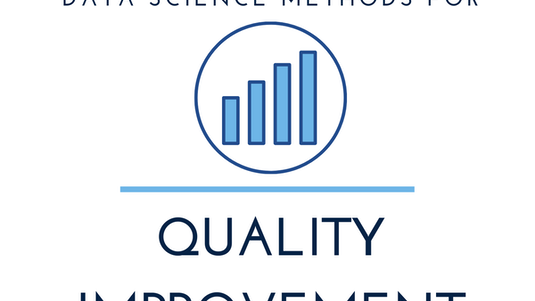Managing, Describing, and Analyzing Data free videos and free material uploaded by University of Colorado Staff .
- 7th Mar, 2022
Data and Measurement
Upon completion of this module, students will be able to use R and R Studio to work with data and classify types of data using measurement scales.
Describing Data Graphically and Numerically
Upon completion of this module, students will be able to use R and RStudio to create visual representations of data, and calculate descriptive statistics to describe location, spread and shape of data.
Probability and Probability Distributions
Upon completion of this module, students will be able to apply the rules and conditions of probability and probability distributions to make decisions and solve problems using R and R Studio.
Sampling Distributions, Error and Estimation
Upon completion of this module, students will be able to use R and RStudio to characterize sampling and sampling distributions, error and estimation with respect to statistical inference.
Two Sample Hypothesis Testing
Upon completion of this module, students will be able to use R and RStudio to perform statistical tests for two groups with independent and dependent data.
In this course, you will learn the basics of understanding the data you have and why correctly classifying data is the first step to making correct decisions. You will describe data both graphically and numerically using descriptive statistics and R software. You will learn four probability distributions commonly used in the analysis of data. You will analyze data sets using the appropriate probability distribution. Finally, you will learn the basics of sampling error, sampling distributions, and errors in decision-making.
This course can be taken for academic credit as part of CU Boulder’s Master of Science in Data Science (MS-DS) degree offered on the Coursera platform. The MS-DS is an interdisciplinary degree that brings together faculty from CU Boulder’s departments of Applied Mathematics, Computer Science, Information Science, and others. With performance-based admissions and no application process, the MS-DS is ideal for individuals with a broad range of undergraduate education and/or professional experience in computer science, information science, mathematics, and statistics. Learn more about the MS-DS program at https://www.coursera.org/degrees/master-of-science-data-science-boulder.

- 0 Reviews
- 3 Students
- 208 Courses

Write a public review